By trade I am a computer programmer which means I live in a digital world. While there is ample room for creativity when writing code, there is still a certain satisfaction missing from having something tangible at the end of the day. The thought that a programmer can work for his entire career and the summation of his efforts fit on a thumb drive was a surprising revelation for me! I realized to balance this detachment I needed some kind of physical outlet.
A few years after entering programming I discovered the hobby of spoon carving. It has become the perfect antidote to the numbing effects of the digital. Holding a piece of raw wood in your hand, listening to the sound of a sharp blade pare away smooth shavings... it's a wonderful experience!
Unlike traditional woodworking, which requires a shop full of expensive tools, spoon carving requires only a few. I tote mine around in a handmade basket, customized for the job. Let's take a look at what it holds.
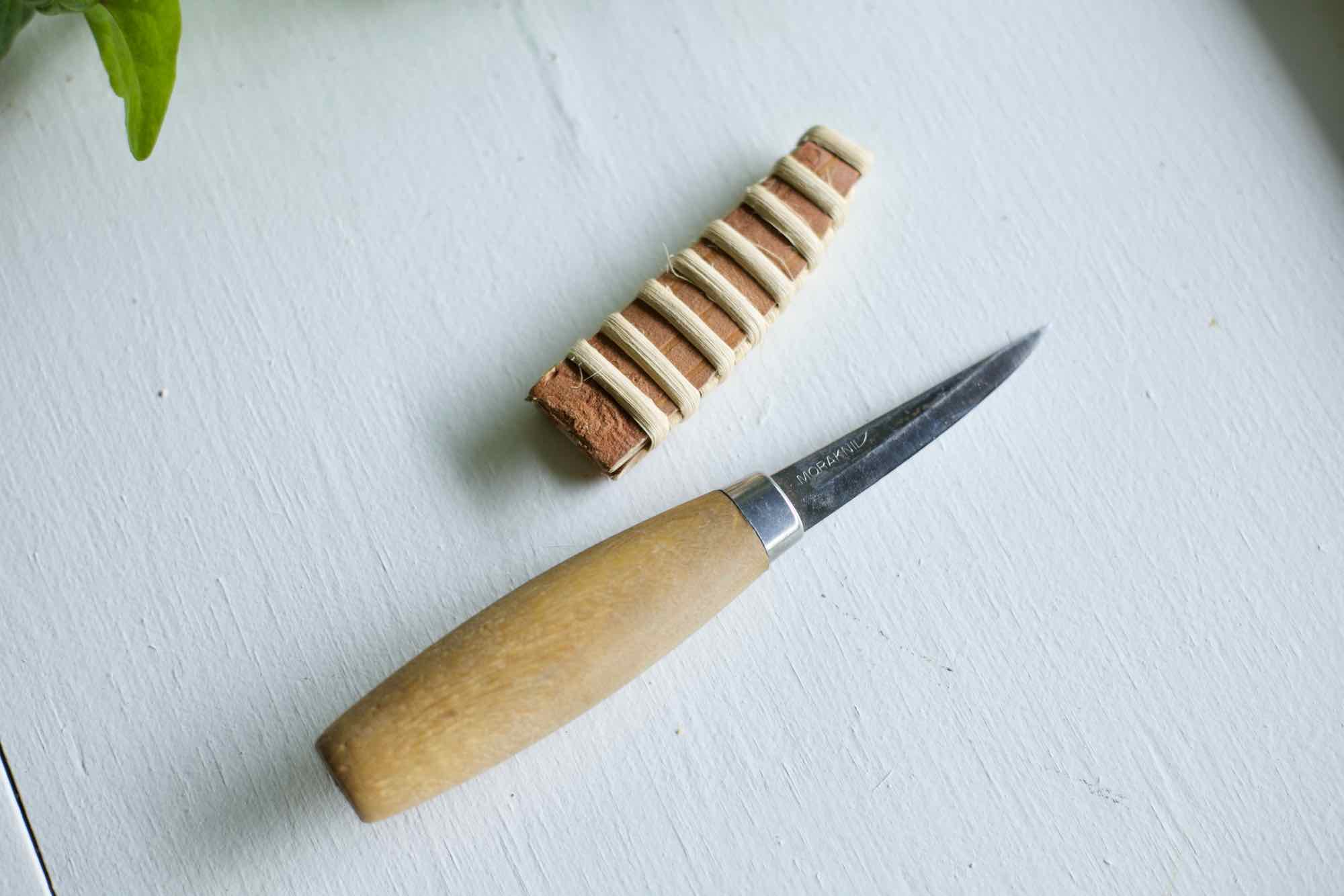
The Mora 106 is a staple, reasonably priced (around $25), and readily available. With the 3" blade it is used for the majority of the cuts, holds a good edge, and is an all-around great tool. I keep 4 or 5 in my basket switching from one to the next as they dull.
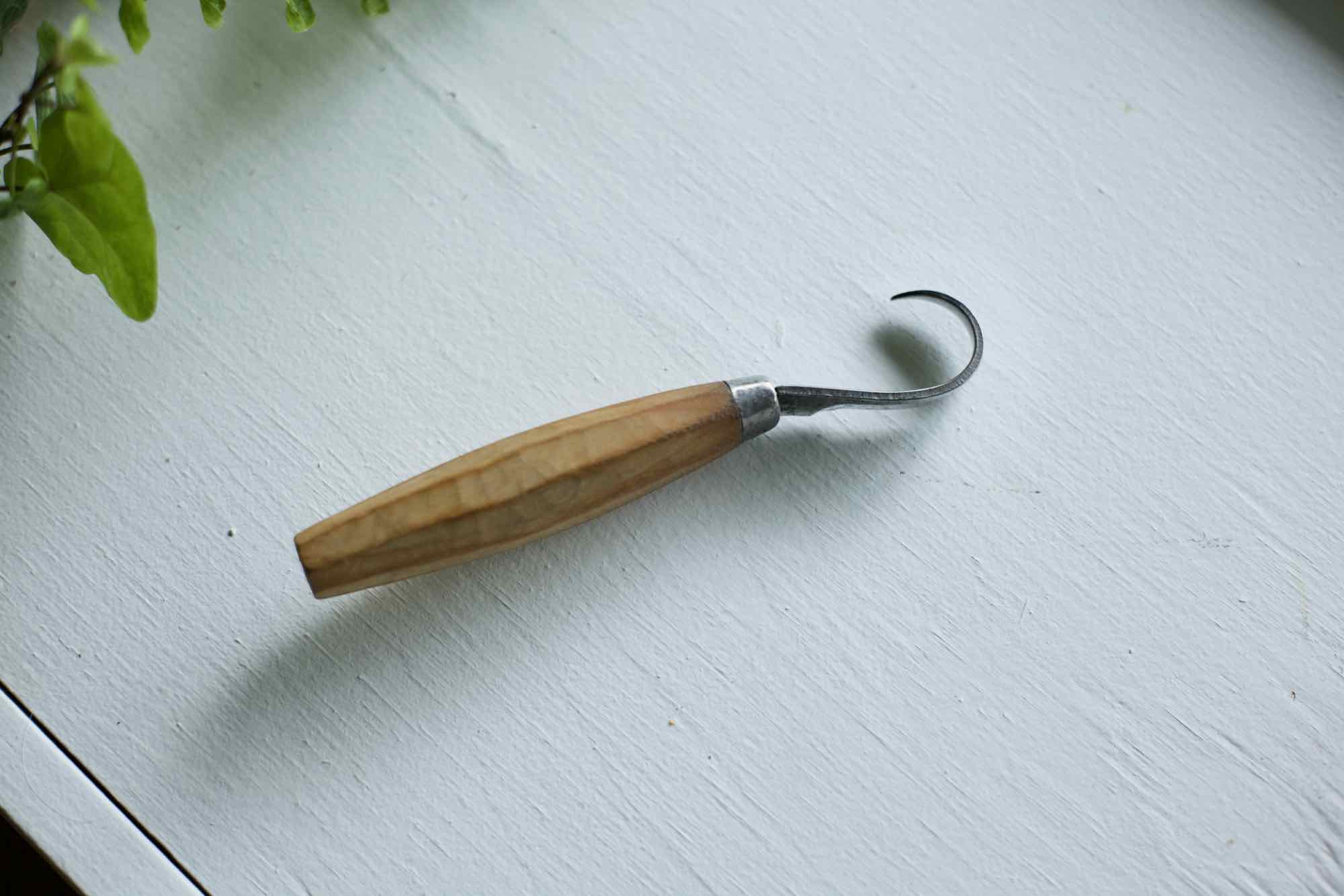
Carving the inside of the spoon bowl requires a knife with a curve. The Mora 164 is a nice complement to the 106.
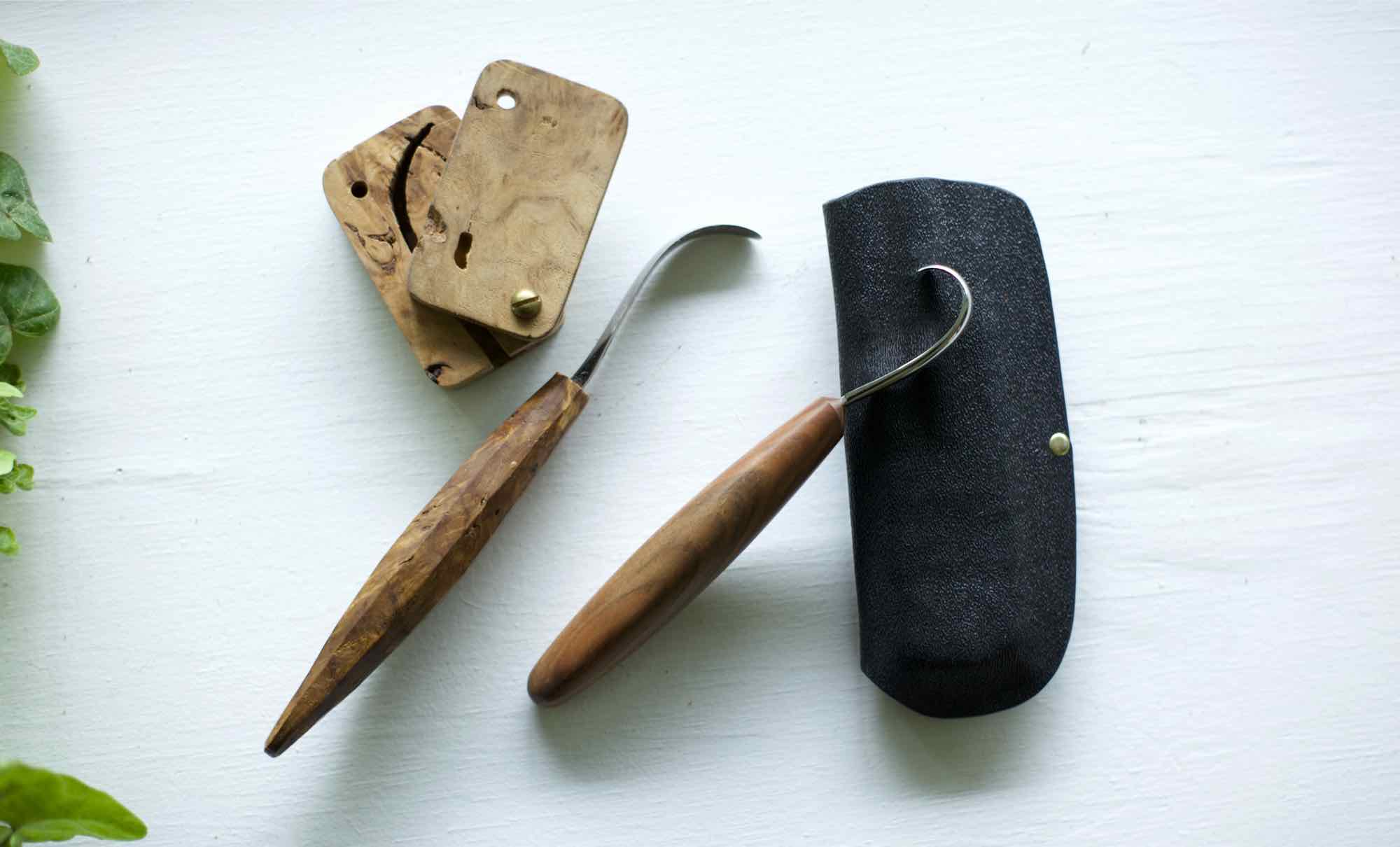
When possible, due to availability and cost, adding a variety of hooks with different angles helps cover all the different bowl shape cuts. My personal favorite is the one on the left above as it has a gentle sweep which results in a smoother bowl as there are fewer ridges left.
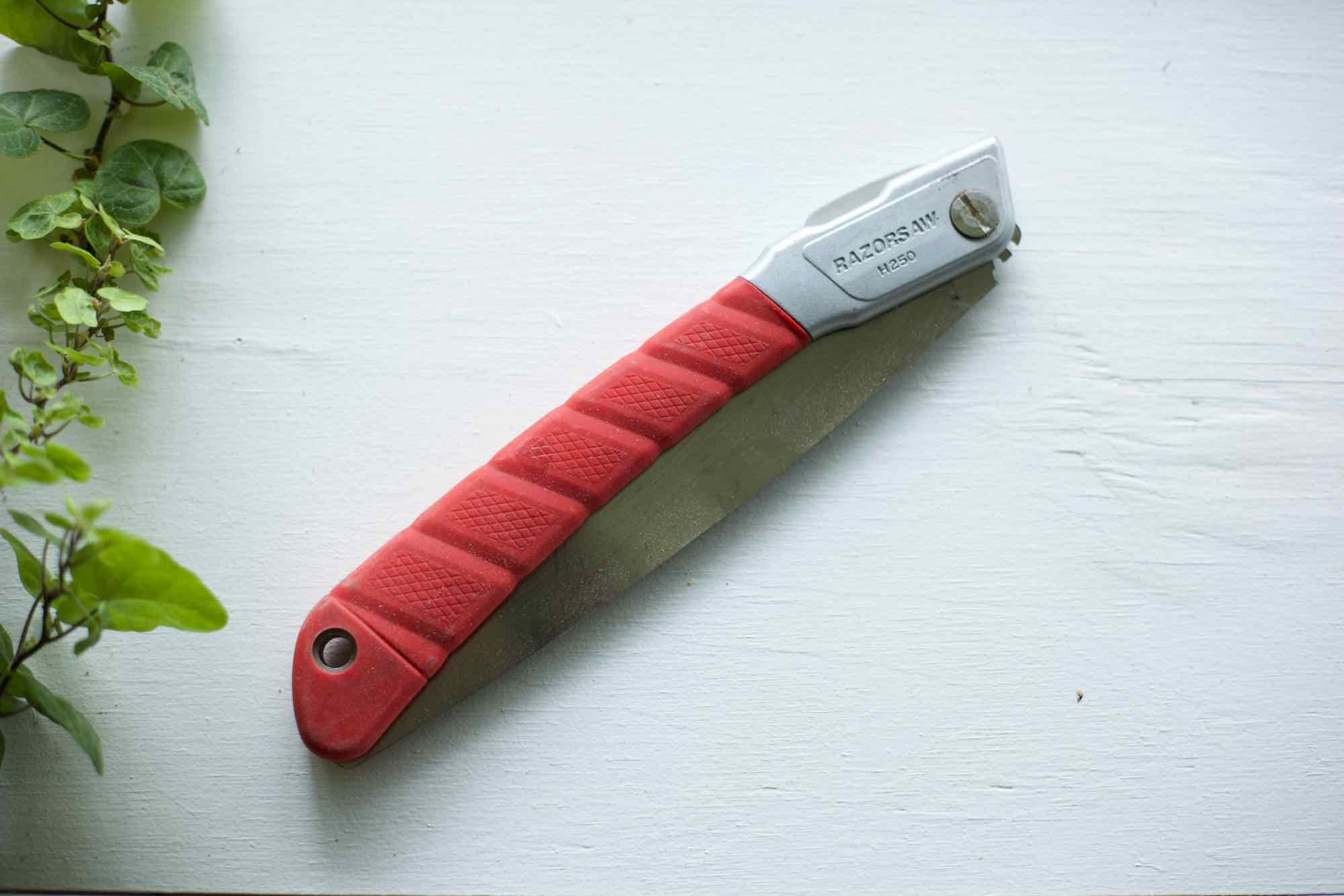
Spoon carving material is available wherever you have access to trees... and permission to cut branches! A simple folding saw like this one makes quick work of branches and easily packs into my basket.
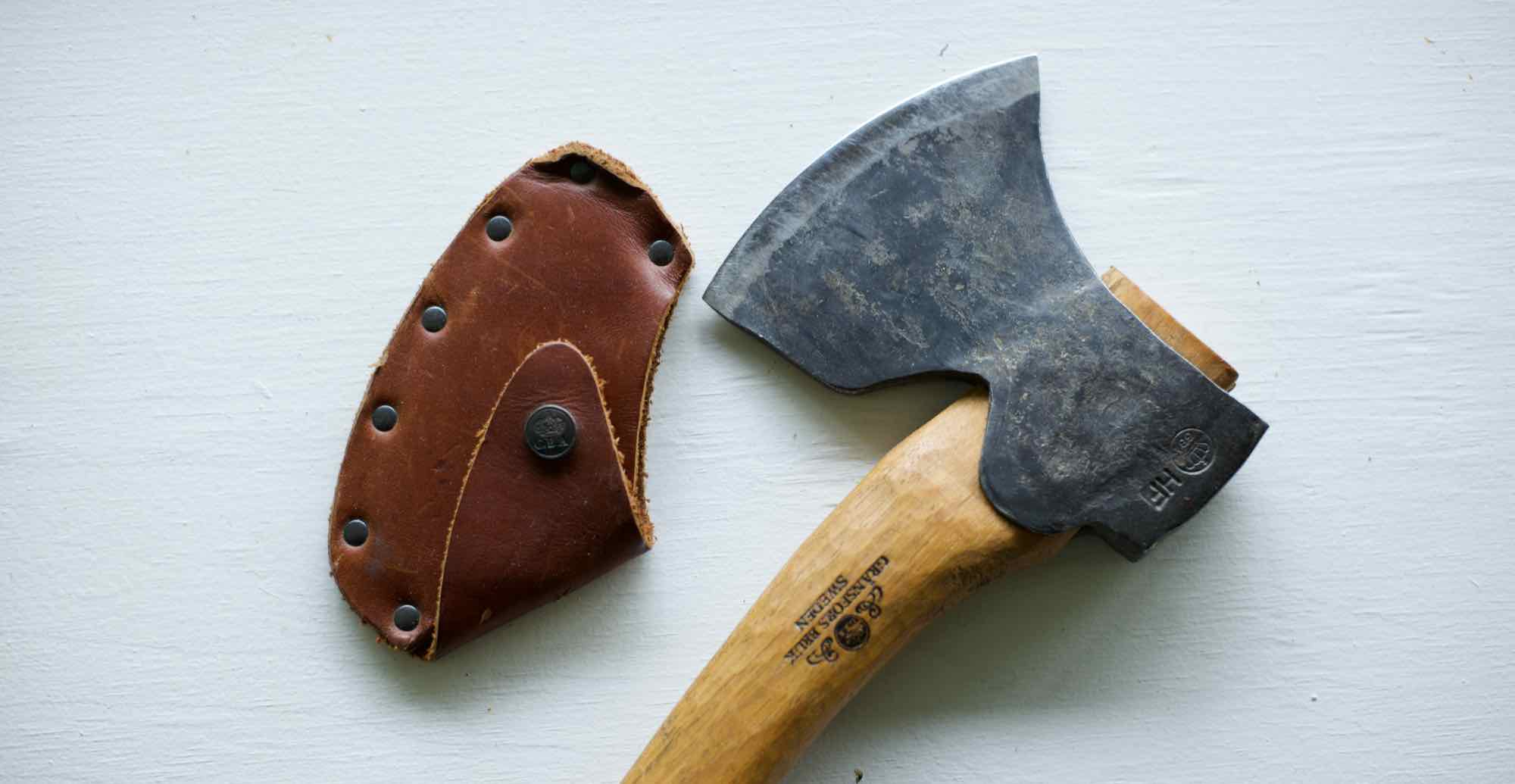
After the billet is cut to length a small carving hatchet (or a more affordable option) like this is useful for taking larger cuts and removing waste much faster than the straight knife can. Combine it with a wooden stump to beat against and creating blanks moves rather quickly.
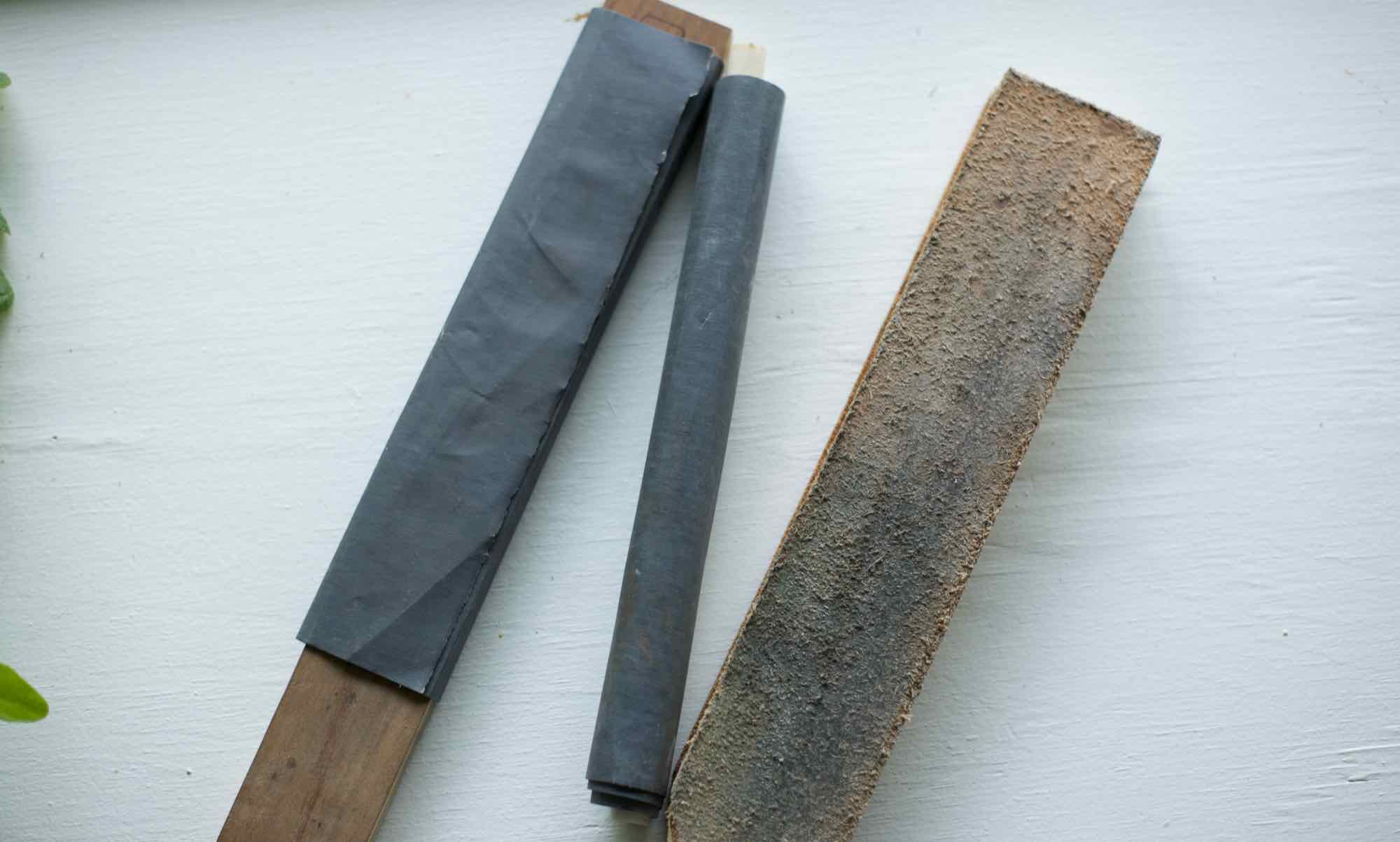
While there are myriad options for sharpening your knives a few sheets of high grit sandpaper wrapped around a board/dowel works pretty well. Add a leather strop and you'll have razor sharp knives.
And That's It!
An entire spoon carver's kit can be built for less than $300 depending on how much you want to spend on each component, most specifically on the axe. With the wood generally being free, spoon carving is a great alternative to furniture building and still provides the opportunity to connect with the physical world.
Please note this article contains affiliate links which help offset the cost of maintaining this site.